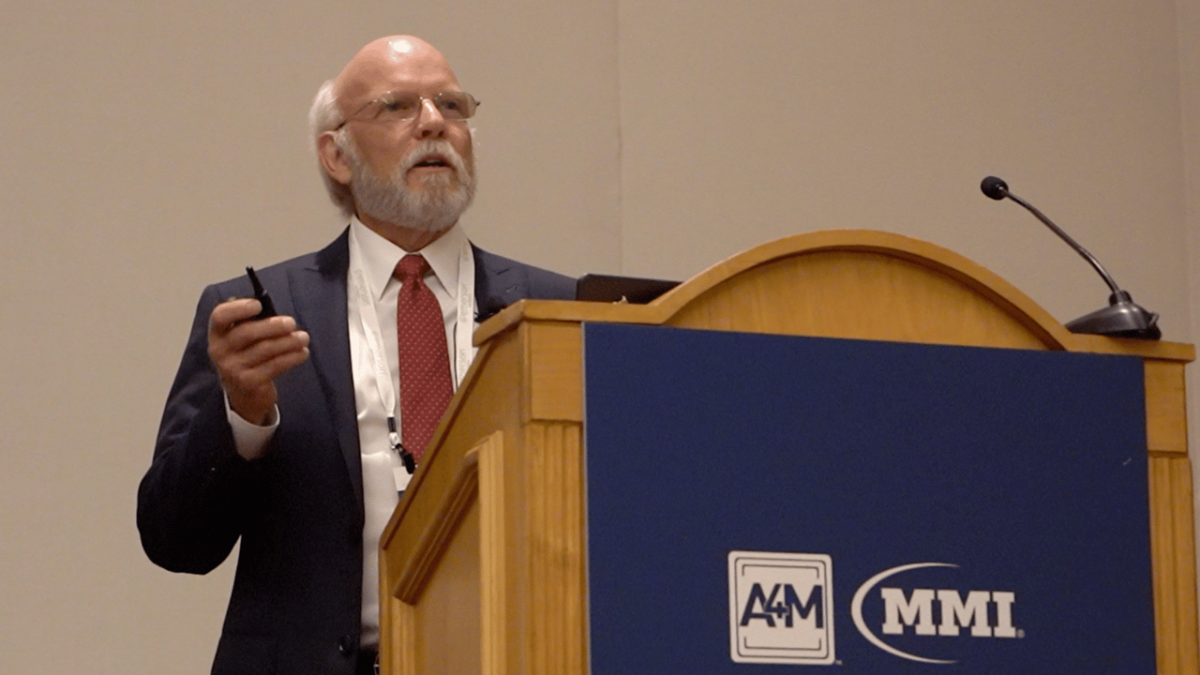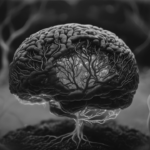
What’s This Site About?
The human body is a most amazing machine that is designed to heal or fix itself. Man has yet to achieve such a creation. How this happens is a most fascinating mystery. To learn about it, in my opinion, is a divine pursuit. Every day there are hundreds of papers published in journals dealing with biochemistry, microbiology, immunology, pathology, pharmacology, cell biology, physiology and countless other areas of science that directly pertain to disease, drugs and their effects, and how the body works to heal itself.
Doctors spend 99% of the day “kicking against the pricks,” but we’d all like to spend more time learning how it all works so we can help and heal and change lives. Patients want to know how it all works, too, either for their own health or that of a loved one. This site is designed for both doctors and patients in an attempt to shed some light of understanding on a few tiny corners of the mystery of helping the machine to heal itself.
I’ll be using articles, videos, and providing references from some of the most recent journals and research from all over the world to assist me in my quest in preventing or healing some of our more common maladies. With my training both in medicine and as a Ph.D. in cell biology with a focus on neuropharmacology and biochemistry, and a Master’s in human development with training in biostatistics, I hope to be able to distinguish between good science and bad.
We are inundated daily with articles from newspapers and magazines about health and medicine, commercials about which drug is best for this or that, and then we’re told to “ask your doctor.” But do the doctors really know what’s best? For most of us medical school was a long time ago. Do we remember how cholesterol is made? Or where? Or how many enzymes are involved in its production and degradation? If we block its production, do we remember how many other chemicals are also blocked that might be necessary for the body to function? The answer is probably not.
